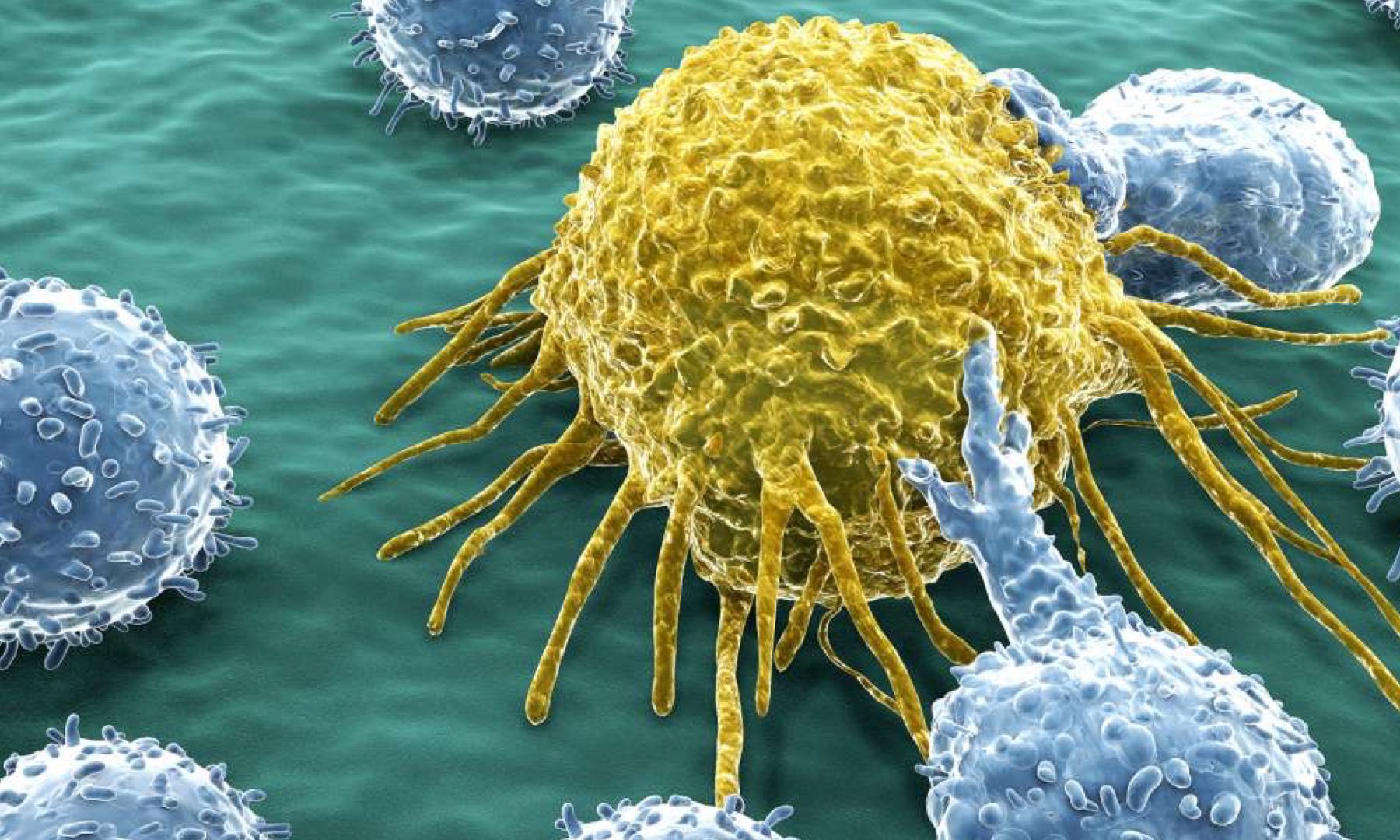The manuscript for this pamphlet was written two years ago in New York I’d hoped to publish an English version but could not find a com- < petent translator. This past spring I returned to Taiwan where JDI’. Lee Huan—shen of the National Chinese Medical Research Association read the manuscript and urged me to pubh’sh it. He added, ‘An‘ appendix of herbal prescriptions would certainly help many.” I replied, “This is a painful subject for me. A while back my teacher, Ch’ien Ming-shan wrote the lines:
I have a golden pill to bestow upon the world.
But people see mere dog feces.
Cancer is constantly changing and never limited to a single symptom—static prescriptions never cure an illness in flux, and may even cause some harm.” He replied, “If this is the case, why not first experiment on animals and examine the varying effects? Then you can prove the applications and publish the results.” But animal experiments are useless because their physical make—up is different from man, nor do I agree with laboratory testing of animals. Chinese medicine establishes a relationship between doctor and patient, and mutual assistance is imperative. Its effectiveness lies in attacking, scattering, draining, or supplementing a situation, and it brings the patient m’to proper balance. I trust my methods—they never harm the patient or involve a great expense. If the patient has undergone surgery for stomach or intestinal cancer or has hard part of the uterus or breast removed, and the cancer returns, additional surgery may be prohibitive. The surgeon Will’ be helpless and the patient can only await death. At this pom’t I would tell myself to courageously fight on and treat the patient while dispensing with any monetary profit. If my labors are not totally effective, I Will have at least tried as sincerely as if he were my own family—— nor would I have injured him, either.
From my forty years of experience, I’ve found that 70 to 80 percent of cancer patients can be cured, with 50 percent having complete recovery. If the world could see these results, Chinese medicine would become more acceptable, benefiting not only cancer patients but all mankind.
source: Master of Five Excellences
